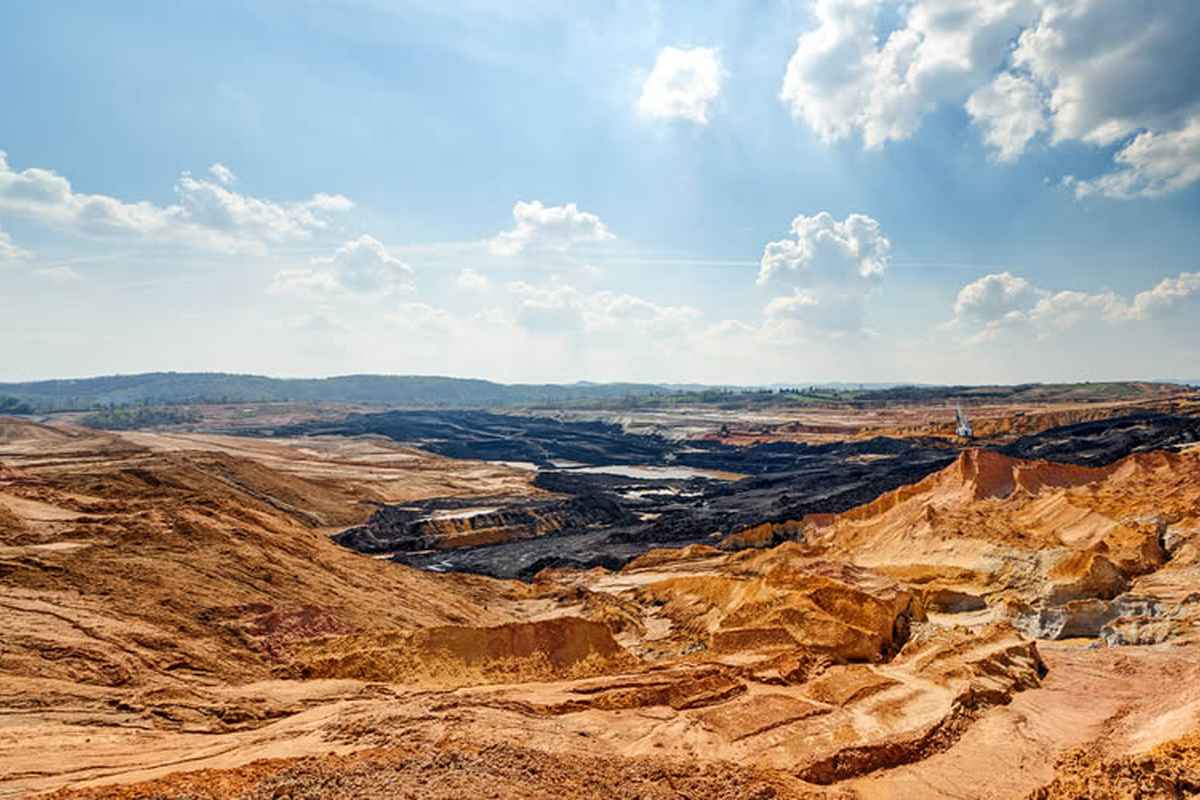Fossil fuels are natural substances that have formed over millions of years from the remains of ancient plants and animals. They include coal, oil, and natural gas. These resources are crucial for our modern way of life, powering our cars, heating our homes, and providing electricity.
However, as we rely more on fossil fuels, it’s essential to understand their impact on the environment and our health.
What Are Fossil Fuels?
Fossil fuels are formed from organic materials buried under layers of rock and sediment. Over time, heat and pressure transformed these materials into the fuels we use today. They are categorized into the following:
- Coal which is mined from the ground and burned to produce electricity. It is one of the most abundant fossil fuels but also one of the dirtiest in terms of emissions.
- Oil which is extracted from the earth and refined into various products like gasoline, diesel, and jet fuel. It plays a significant role in transportation and industry.
- Natural gas which is often considered the cleanest fossil fuel. It is used for heating, cooking, and generating electricity. However, it still releases greenhouse gases when burned.
The Environmental Impact
One of the most significant concerns about fossil fuels is their impact on the environment. When burned, fossil fuels release carbon dioxide (CO2) and other greenhouse gases into the atmosphere. These gases trap heat, leading to global warming and climate change. The effects of climate change are already visible, with rising sea levels, extreme weather events, and changing ecosystems.
Fossil fuel extraction can also harm local environments. For example, coal mining can lead to deforestation, soil erosion, and water pollution. Oil spills can devastate marine life and coastal communities, while natural gas extraction through fracking can contaminate groundwater.
Health Concerns
Using fossil fuels also affects our health. The burning of coal and oil releases pollutants like sulfur dioxide and nitrogen oxides, which can cause respiratory issues and other health problems. Cities that rely heavily on fossil fuels often experience poor air quality.
This can lead to increased rates of asthma and other diseases.
Moreover, communities near fossil fuel extraction sites may face health risks from exposure to chemicals and pollutants. Studies have shown that these communities often have higher rates of cancer and other serious health conditions.
The Shift Toward Renewable Energy
As the negative effects of fossil fuels become clearer, many people are calling for a shift toward renewable energy sources like solar, wind, and hydroelectric power. Unlike fossil fuels, these sources produce little to no greenhouse gas emissions and have a much lower impact on the environment.
Transitioning to renewable energy can also create jobs and stimulate the economy. As technology advances, the cost of renewable energy continues to decrease, making it a more viable option for many regions.
What Can We Do?
There are several ways we can reduce our reliance on fossil fuels in our daily lives. Here are a few simple steps:
- Conserve Energy: Turn off lights and unplug devices when not in use. Consider using energy-efficient appliances.
- Use Public Transport: Whenever possible, use buses or trains instead of driving. This not only reduces fossil fuel consumption but also cuts down on traffic congestion.
- Support Renewable Energy: If you can, choose a green energy provider or install solar panels on your home. Even small changes can make a difference.
- Educate Others: Share information about the impacts of fossil fuels and the benefits of renewable energy with friends and family. Awareness is the first step toward change.
Conclusion
Fossil fuels have played a significant role in shaping our modern world, but their environmental and health impacts cannot be ignored. By understanding these issues and taking action, we can work toward a cleaner, healthier future.
The shift to renewable energy is not just necessary; it’s possible. Together, we can reduce our reliance on fossil fuels and protect our planet for generations to come.

